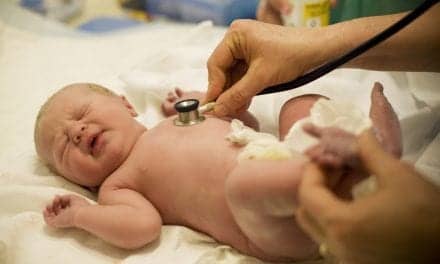In support of World Pneumonia Day, 12 November, the Forum of International Respiratory Societies (FIRS) calls for global efforts to strengthen effective strategies to protect against, prevent and treat pneumonia.
Pneumonia remains the main single cause of death in children under five years outside the neonatal period, causing nearly a million deaths each year. Most deaths occur in low and middle income countries (LMICs). Up to 80 percent of deaths occur outside a health facility, indicating that recognition of disease and access to care continues to be a challenge. Pneumonia is also the second leading cause of years of life lost due to premature mortality. Pneumonia can also lead to poor general health and predispose to chronic respiratory disease in children and adults.
Yet pneumonia is a preventable and treatable illness. New, effective vaccines are available against the common bacteria causing pneumonia such as H influenzae b (HiB) and pneumococcus (PCV) but there are several areas of the world, especially in LMICs, where these vaccines are not available for children. Vaccination of children with PCV is also a highly effective way to prevent pneumonia in adults, as children frequently spread the pneumococcal germ to adults. Vaccines against whooping cough (pertussis), measles and diphtheria, given in the childhood immunisation schedule, are also essential to reduce the pneumonia burden.
FIRS calls on governments, healthcare providers and public health specialists to strengthen preventative and management strategies for pneumonia globally by:
- Providing better access to life saving vaccines including PCV for every child
- Strengthening access to health care systems and provide effective treatment, particularly oxygen and antibiotics
- Optimizing childhood nutrition by promoting exclusive breastfeeding until 6 months of age and complementary nutritious foods thereafter
- Promoting initiatives to reduce tobacco smoking and indoor air pollution
- Improving access to safe drinking water and sanitation
- Reducing HIV-associated pneumonia through prevention of mother to child programs and early use of antiretroviral therapy
- Increasing funding for research in pneumonia









